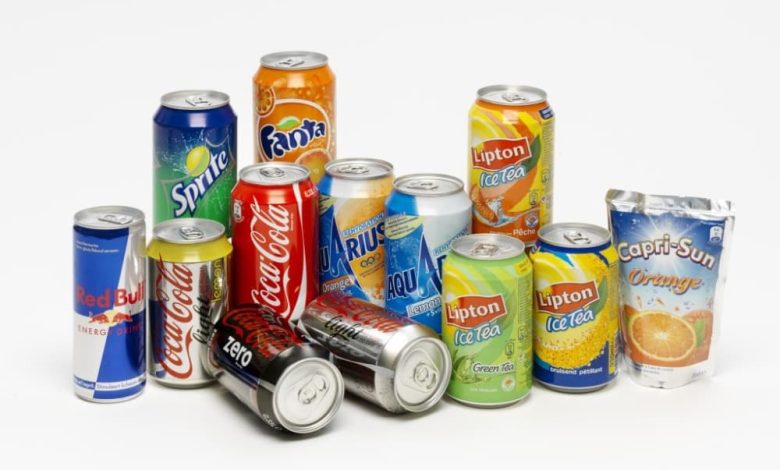
The Ghana Revenue Authority (GRA), specifically its Customs Division, has been urged by the American Chamber of Commerce and the Spain-Ghana Chamber of Commerce to investigate credible reports from members in the beverage manufacturing sector about the smuggling of canned and PET soft drinks from neighboring countries into Ghana with urgency.
In addition to endangering the existence of legal beverage producers, this unlawful activity reduces tax revenue for the government.
Some of these drinks are only available to people who avoid paying the applicable excise taxes, customs charges, and other levies because they are sold without tax stamps and at prices much lower than the going rates.
Furthermore, consumers’ health and safety are seriously jeopardized by the smuggling of these products. Because these beverages circumvent established health regulatory standards, the Food and Drugs Authority (FDA) is unable to verify the quality of these products.
When subpar goods are sold as authorized dealers’ or franchisees’ own in the marketplace, their reputations are harmed.
They cautioned:
“We urgently call upon the GRA to take decisive action to halt the smuggling of these PET and canned beverages, particularly Coca-Cola products, which are among the most affected.
“We also urge the FDA, local authorities, and market leaders in major regions such as Accra, Kumasi, Tamale, and Takoradi to act decisively to protect these brands, preserve government revenue, and safeguard employment opportunities within the beverage sector.
“Additionally, we entreat the Ministry of Trade and Industry, through the Ghana International Trade Commission (GITC), to address these unfair trade practices. This action is essential to encourage investment in Ghana’s manufacturing sector and ensure a level playing field for all businesses operating within the country.
Beverage smuggling into Ghana puts consumers’ health and safety at risk in addition to undermining legal enterprises and government revenue. To properly tackle this issue, all stakeholders must work together.
Read Also: FDA Warns Public Against Consuming Palm Oil Contaminated with Sudan Dye



